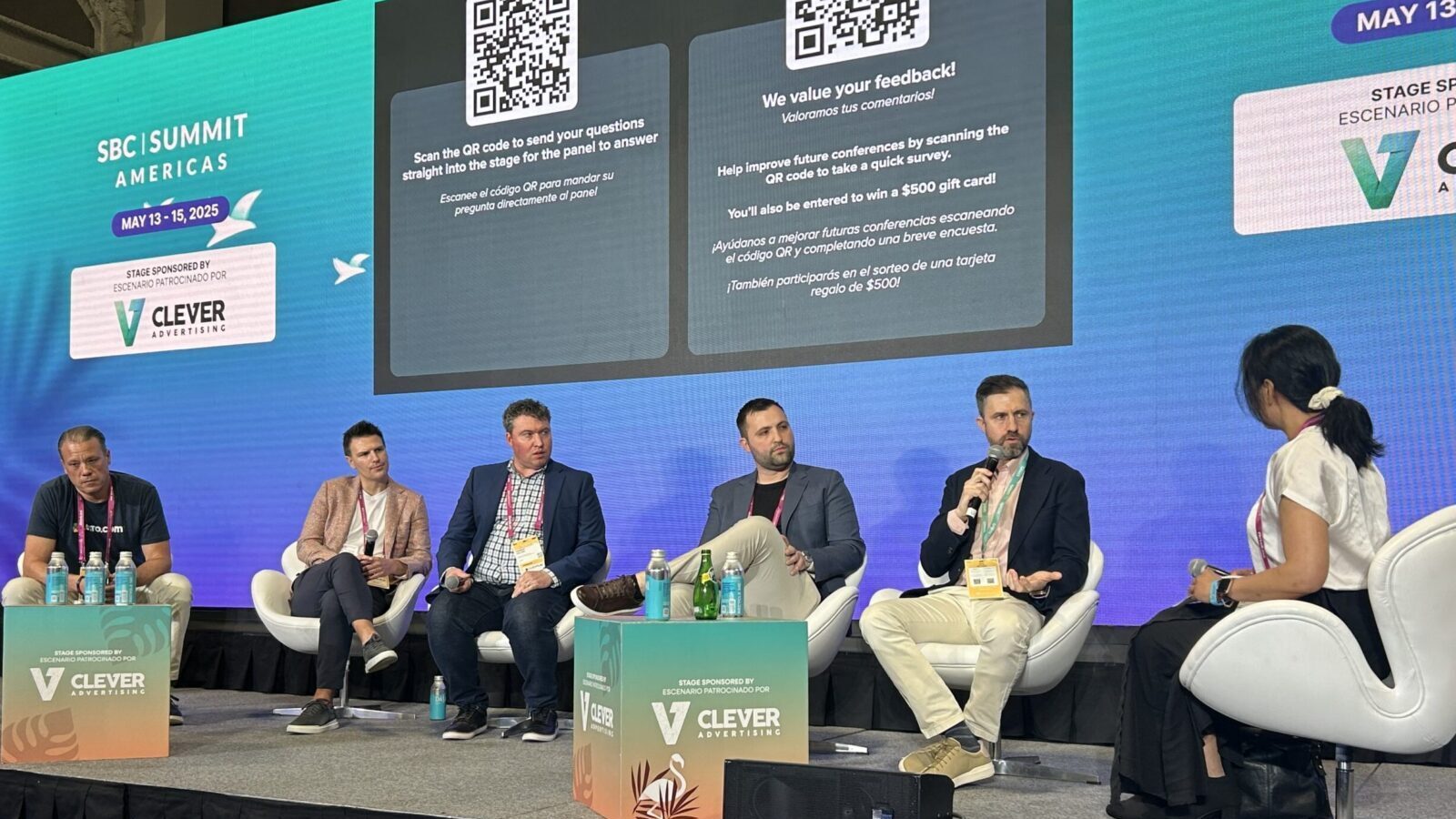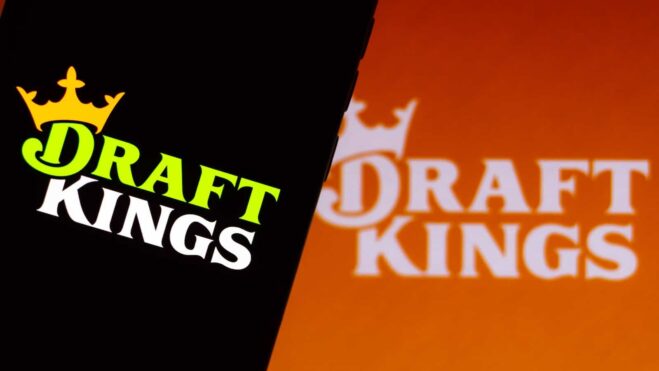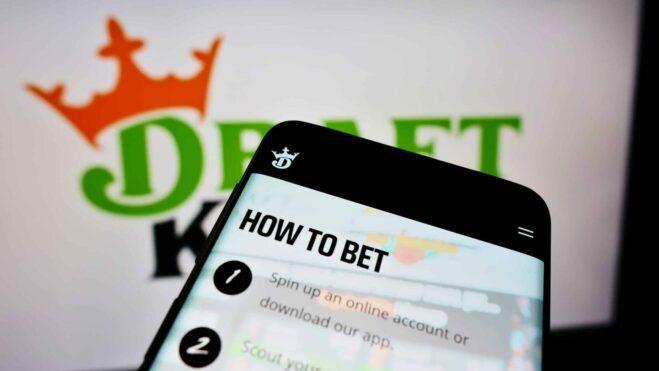Courier Execs See ‘Silver Lining’ To Texas Lottery Mess
SBC Americas 2025 lottery panel features lots of Texas talk, includes reference to ‘Footloose’
3 min

On the surface, everything that’s been happening the last three months with the Texas Lottery has been bad for the industry.
Since the moment Lt. Gov. Dan Patrick started playing detective regarding a February jackpot win he viewed as controversial, Texas has played host to formal and informal investigations, commissioner resignations, withheld jackpots, moves to ban courier companies, and threats to shut the lottery down altogether.
But during a panel discussion Wednesday afternoon at the SBC Americas conference in Fort Lauderdale, Florida, titled “Lotteries — A Road to Relevance?,” representatives of two major courier companies put a positive spin on all the Lone Star State negativity.
“What I see as the whole silver lining behind the situation in Texas,” said Lotto.com CEO Thomas Metzger, who offered the caveat that he tends to be an optimist, “is that our business is going to be legitimized with regulations in other jurisdictions.”
Mike Silveira, the chief of staff at Jackpot.com, echoed Metzger’s thoughts as he pointed out that since the Texas controversies blew up, states such as Colorado, Arizona, Illinois, and Missouri have taken steps toward making courier operations explicitly legal. “Tom isn’t just being an eternal optimist about this,” Silveira said.
Added Matt Stemkoski, an executive representing the Little Traverse Bay Bands of Odawa Indians in Michigan, pushing the positivity about couriers and online lottery further, “I think in time, tribes will use the courier service. … I think that will be the next area of growth that the tribes will go after, once more states go live in iGaming.”
Emphasizing what couriers do
Metzger was quick to point out, as he often does, that couriers don’t “sell lottery tickets online,” but rather they “take orders for the delivery of tickets.” With courier companies like Lotto.com, Jackpot.com, and Jackpocket, customers order their lottery tickets through the app, and a company representative then buys physical tickets on their behalf from a retail outlet.
(Silveira won the prize for being first to make the inevitable Uber Eats comparison on this particular panel.)
The panelists were asked by an audience member whether the problems and the political reaction in Texas were foreseeable or caught them off guard. Silveira said, “Definitely foreseeable. There were some twists and turns along the way, but they tried to do this two years ago. … These kinds of things can’t be surprises. This is what you signed up for. … You have to have thick skin in this industry.”
Metzger also offered insights on the political and social headwinds in Texas.
“The right wing in Texas is trying to get more and more right,” Metzger said. “There are some people in Texas who think that the lottery is a sin. It’s like in the movie Footloose, where they don’t want dancing.”
Rising tides
Although Jackpocket was not represented on the panel, the third major courier company was a focal point of part of the conversation. One year ago, DraftKings finalized its $750 million acquisition of Jackpocket, and the panelists celebrated that accomplishment.
“It’s great for the industry,” Silveira said. “As a competitor, it’s hard for me to say that. … But, all in all, it brought the spotlight to the courier industry that it deserves.”
Asked by moderator Jenny Lu of Pixiu Gaming whether there’s room for even more courier companies to enter the market, Metzger was relatively open-armed.
“We’re really focused on growing the market and increasing digital penetration,” he said. “We don’t worry about competing with each other. There’s room for all of us.”
Metzger also noted that Lotto.com recently surpassed 3 million customers and declared, “We’re experiencing hyper growth.”
So, despite what’s happening in Texas, optimism abounds. And the panelists agreed on what the fastest growing segment in the lottery will be: digital scratch-offs.
Silveira said one key to the future is authorizing digital scratchers in every state that currently authorizes couriers, and Metzger pointed out about their popularity, “The greatest thing about scratchers is they’re not jackpot dependent.”
But is iLottery poised to expand?
Andrew Walter, the director of sports betting for the Connecticut Lottery Corporation, said, “Yes, but slowly, at this point.”
Walter explained that online lottery legalization was never built to expand state-by-state at the rapid rate that sports betting did after the repeal of PASPA, in large part because sports betting was an attention-grabbing new potential offering.
“[Online lottery] was just a new delivery device of an existing game,” Walter said, “rather than a brand new legal product.”






